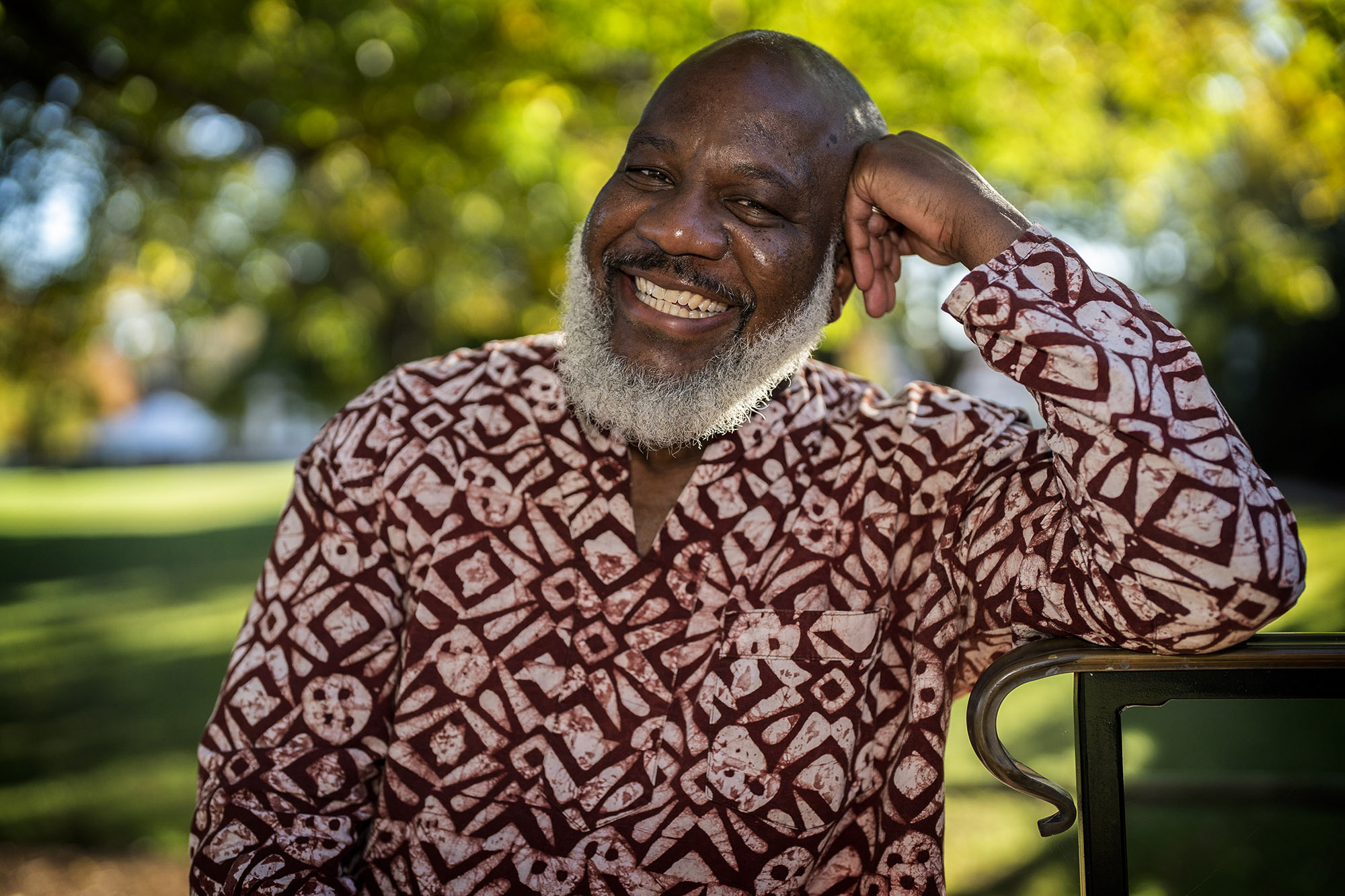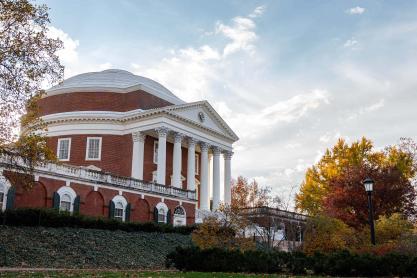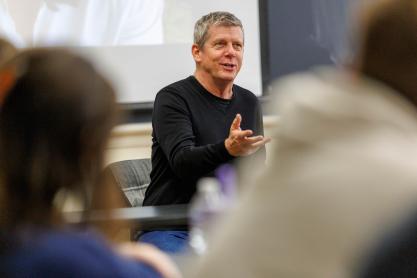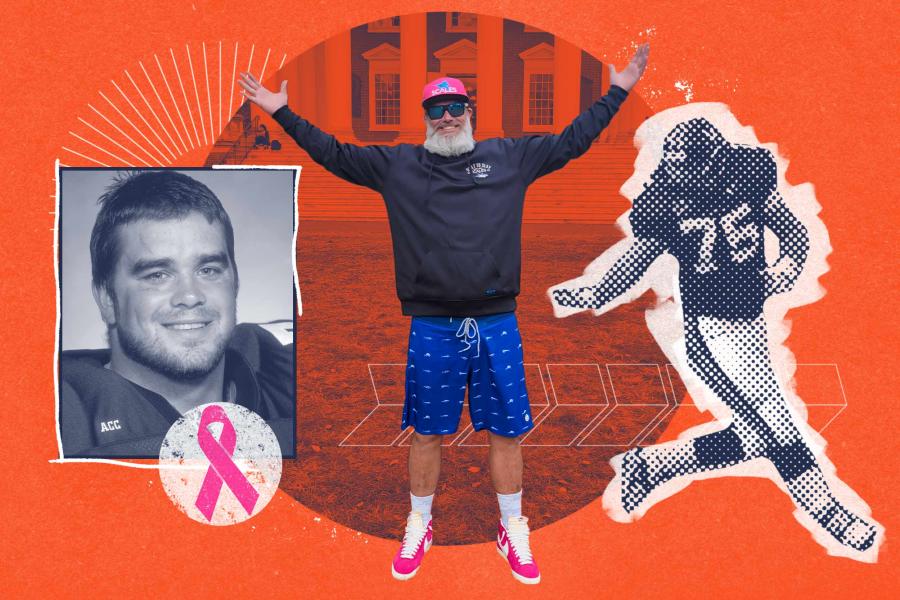Four decades after it was founded as a center for African-American and African studies on Grounds, the University of Virginia’s Carter G. Woodson Institute is gearing up to celebrate its 40th anniversary with its new director and chair.
On Aug. 25, Professor of African and African American studies Robert Trent Vinson officially became the Woodson’s newest leader. A former professor of history and Africana studies at the College of William & Mary; current president of the Association for the Study of the Worldwide African Diaspora, the premier scholarly organization for scholars of African and African-diaspora studies; and a former Woodson fellow, Vinson has ambitious plans to give one of the nation’s leading centers for Black studies an even more prominent place on the world stage and in the local community.
UVA Today spoke with Vinson about the plans to celebrate the Woodson Institute’s past and his vision for its future.
Q. What attracted you to the leadership position with the Woodson?
A. That’s an easy question! So, I was actually a scholar in residence at the Woodson Institute, finishing up my dissertation at Howard University in the 1998-99 academic year, and it was one of the best years of my life. From that point on, I’ve felt a close connection with the Woodson. When I walk into Minor Hall, it brings me back to 1998 and the fellowship that I had with those graduate students, many of whom are still very close friends.
The Woodson name also played a part. Carter G. Woodson was a giant in African American history and education, and that was a big draw, but the intellectual community of the Woodson planted the seed. When the opportunity was there to come back, it was an easy call. This is one of the premier institutions of African and African-diaspora studies in the world, and being asked to direct it is the highest possible honor.
Q. As the newest director, what’s your vision for the future of Woodson community?
A. My vision is to continue the growth we’ve had, especially under the leadership of my predecessor, Deborah McDowell. The Woodson started with a mandate to expand African American studies across Grounds and to establish the first program of African American studies in Virginia. Over the past 40 years, we’ve expanded that vision to become a department; we’ve expanded our faculty and we’ve expanded our thematic focus to include African and African diaspora studies.
My vision for the Woodson is to continue that trajectory and to be truly global in how we think about Black studies – in who we hire, in the courses we teach, in the fellows that we invite to be part of our community, and in the books that we produce. I want to continue to grow our faculty, to continue to develop our curriculum offerings in African and African diaspora history and studies, and to expand our language programs – right now we have Swahili, and we want to expand to consider including others.
I also want to expand our study-abroad programming, which we already have in Cape Town and Ghana, but I want to continue to expand that into different parts of the Black world. So that’s my mission for curriculum and research, but I also want our students to have opportunities to experience the Black world in a global sense through classes and study-abroad programs, but also through ongoing local community initiatives and partnerships that we have that allow our students to not only be global, but also to be local.
I also want to be sure that we provide students with a supportive space, because we’re not just researchers and teachers; we’re human beings. So, part of that vision is to build our community, to take care of each other, to recognize the humanity in each other and to provide a space where we can be our best selves and thus be able to do our best work.










